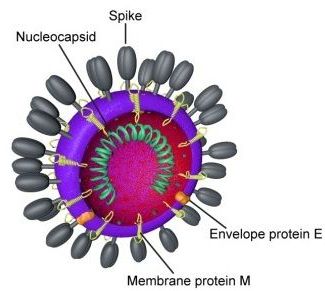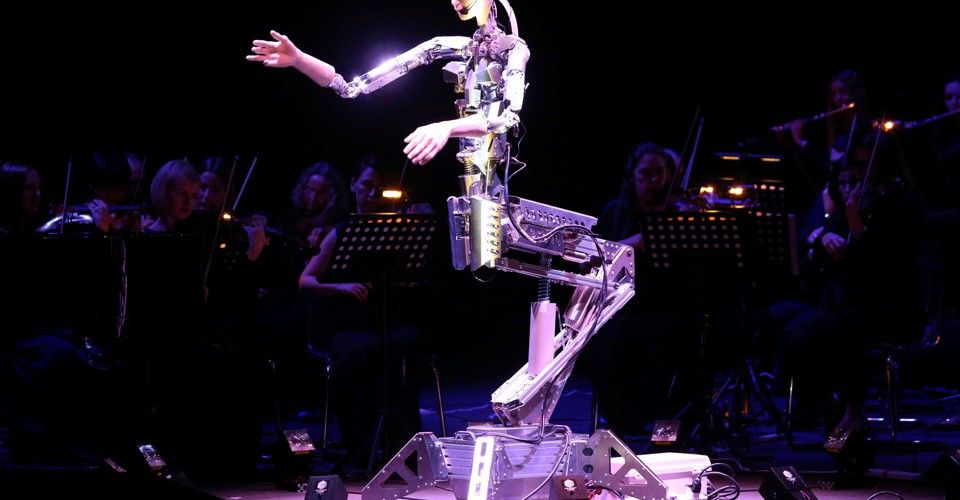Honey??? AEWR
Vegans have more restrictive diets than vegetarians. Not only do vegans avoid meat, but they also avoid animal by-products including dairy and eggs.


Santa Cruz, CA February 7, 2020 —Research into the novel Wuhan seafood market pneumonia virus, the deadly “coronavirus” that has forced the Chinese government to quarantine more than 50 million people in the country’s dense industrial heartland, will be facilitated by the UC Santa Cruz Genomics Institute. The Genomics Institute’s Genome Browser team has posted the complete biomolecular code of the virus for researchers all over the world to use.
“When we display coronavirus data in the UCSC Genome Browser, it lets researchers look at the virus’ structure and more importantly work with it so they can research how they want to attack it,” said UCSC Genome Browser Engineer Hiram Clawson.
Samples of the virus have been processed in labs all over the world, and the raw information about its genetic code has been sent to the worldwide repository of genomic information at the National Institutes of Health’s National Center for Bioinformatics (NCBI) in Bethesda, Maryland.
Reverse disease following Dean Ornish’s program.
The Ornish channel is designed to help people improve their health through learning about sustainable lifestyle changes, while also connecting with others on…
Ira Pastor, ideaXme exponential health ambassador interviews Dr. Tara O’Toole, Executive Vice President and Senior Fellow at In-Q-Tel.
https://www.cia.gov/library/publications/intelligence-history/in-q-tel
BREAKING NEWS:
During the course of this interview, at 44:41, Dr. O’Toole receives breaking news that the Secretary of the Department of Health and Human Services has determined the 2019 (referred to 2019 but threat in 2020) Coronavirus to be a significant threat, therefore authorising the emergency use of in-vitro diagnostics for detection and/or diagnosis of the novel coronavirus.
Ira Pastor Comments:
We have a fascinating show today focused on a very timely topic.

Advancements in robotics are continually taking place in the fields of space exploration, health care, public safety, entertainment, defense, and more. These machines—some fully autonomous, some requiring human input—extend our grasp, enhance our capabilities, and travel as our surrogates to places too dangerous or difficult for us to go. Gathered here are recent images of robotic technology, including a machine built to draw portraits, battle robots, a dance performance, an autonomous mobile vending machine, an art installation, an agri-bot, a robotic priest, a Mars rover, a grocery-store bot, and much more.
Coronavirus-cure-indian-scientists-team-is-very-close-to-developing-vaccine-for-coronavirus.
In a major breakthrough that can lead to a quick Coronavirus vaccine, a team of scientists led by an overseas citizen of India, Professor SS Vasan of CSIRO (Commonwealth Scientific and Industrial Research Organization) Dangerous Pathogens Team has successfully mass produced the novel Coronavirus strain outside China in sufficiently large number to begin clinical trial of medicine.
According to reports, last week Australia’s Doherty Institute had managed to isolate the Coronavirus sample from an infected human in Australia, but what Prof SS Vasan and his team has done at CSIRO is significantly better for getting to a Coronavirus vaccine quickly.

Public Health England.

Front Microbiol. 2018 Sep 27;9:2338. doi: 10.3389/fmicb.2018.02338. eCollection 2018.
Influenza A virus causes periodic outbreaks and seriously threatens human health. The drug-resistant mutants have shown an epidemic trend because of the abuse of chemical drugs. Aloe polysaccharides (APS) extracted from Aloe vera leaves have evident effects on the therapy of virus infection. However, the activity of APS in anti-influenza virus has yet to be investigated. Here, we refined polysaccharides from A. vera leaf. In vitro test revealed that APS could inhibit the replication of a H1N1 subtype influenza virus, and the most obvious inhibitory effect was observed in the viral adsorption period. Transmission electron microscopy indicated that APS directly interacted with influenza virus particles. Experiments on PR8 (H1N1) virus infection in mice demonstrated that APS considerably ameliorated the clinical symptoms and the lung damage of the infected mice, and significantly reduced the virus loads and mortality.

Thoughts?
Despite centuries of colonization and agriculture, Cuba’s rivers are in good health.
Sugarcane and cattle farming on the island date back to the late fifteenth century. To measure water quality in Cuba’s rivers today, Paul Bierman at the University of Vermont in Burlington, Rita Hernández at the Cienfuegos Center for Environmental Studies in Cuba and their colleagues sampled water in 25 river basins in central Cuba. This is the first time in more than 60 years that scientists from Cuba and the United States have joined forces to study the island’s hydrology.
More than 80% of the samples had levels of Escherichia coli bacteria that exceeded international standards for recreational use. The bacteria are indicators of faecal contamination, and probably came from the cattle that graze on many riverbanks.